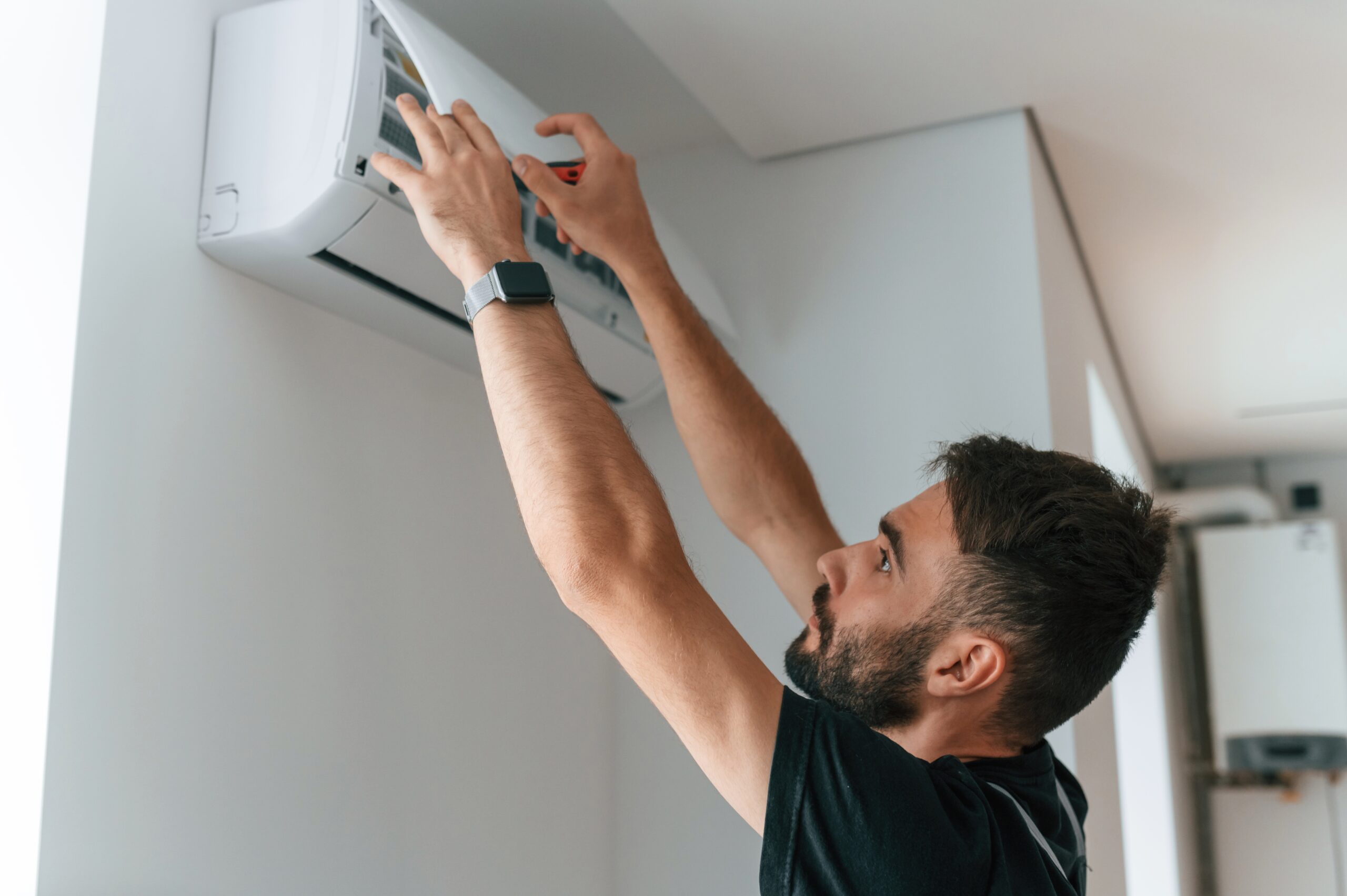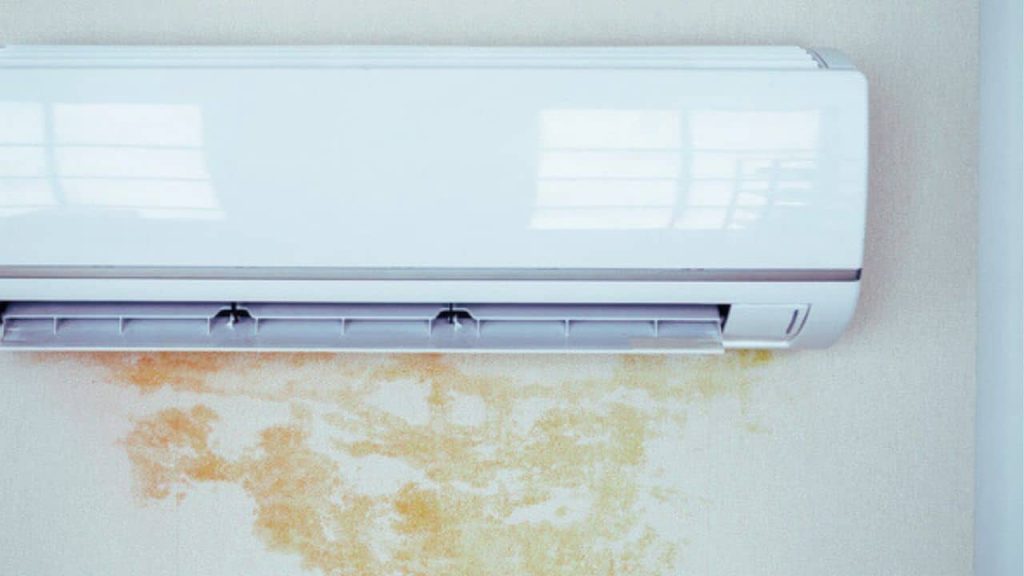Energy efficiency, thermal comfort, and savings on bills are some of the main advantages of a well-maintained heat pump. However, like any equipment in your home, a heat pump has a limited lifespan. Therefore, proper maintenance is not always enough to maintain its performance over the long term. Knowing when it’s time to changing your heat pump is essential. This will help you avoid unnecessary costs and ensure a comfortable environment at home, whether it’s heating your space in winter or cooling it during summer.
But when is it truly time to replace this equipment? If your heat pump is still functioning but showing signs of weakness, you may wonder if a simple maintenance check will suffice or if it’s wiser to replace it altogether. This article explores the key signs indicating your heat pump is nearing the end of its life and why it may be more economical and advantageous to switch to a new unit before problems pile up. The key? Anticipate, to avoid costly repairs and skyrocketing energy bills. Let’s see how to know when it’s time to change your heat pump.
Why Monitoring Your Heat Pump is Crucial
The heat pump is a key comfort system in the home. A well-functioning model not only efficiently heats or cools rooms but also allows for significant energy savings. However, over time, its performance decreases, leading to higher costs and reduced comfort. It is, therefore, essential to stay alert to the warning signs of its end of life to avoid costly inconveniences. Worse still, unexpected breakdowns in the middle of winter could be highly detrimental, especially in case of severe cold.
A Significant Increase in Energy Bills
One of the first indicators that it’s time to change your heat pump is an increase in your electricity bills. As the system ages, it becomes less efficient and uses more energy to maintain the desired temperature. If you’ve noticed a rise in your energy expenses, it’s a clear sign that a replacement may be necessary. Installing a new, more modern, and energy-efficient heat pump could help reduce your bills in the long term.
A Loss of Heating and Cooling Efficiency
If your heat pump takes longer to reach the desired temperature, or if some rooms in your home are warmer or cooler than usual, this could indicate that your unit is no longer operating optimally. This issue is often due to wear and tear on internal components. In other cases, it may be due to a decreased ability of the device to transfer heat effectively. At this stage, a replacement is probably more cost-effective than regular repairs.
Increasingly Frequent Repairs
Another sign that it’s time to replace your heat pump is the frequency of repairs. If you’re regularly calling a technician for breakdowns or recurring issues, it’s likely that your system’s lifespan is nearing its end. Each new repair costs you not only money but also time and comfort. In such cases, it’s better to consider a complete replacement to avoid further inconvenience and additional costs.
Unusual or Noisy Operation
Aging heat pumps can produce strange sounds, such as squeaking, clicking, or whistling. These noises often come from worn-out or misaligned components. While maintenance can sometimes solve the problem, persistent noise is often a sign that your heat pump needs replacing.
The Age of the Heat Pump
Heat pumps typically last around 10 to 15 years. If your unit is approaching or exceeding this period, it’s likely not working as well as it once did. Even if you’re not experiencing major issues, remember that a heat pump has a limited lifespan. By opting for a new installation, you’ll benefit from the latest energy-efficient technologies and enhanced comfort.
Why Replacing Your Heat Pump Can Be a Great Opportunity
Changing your heat pump should not be seen as a constraint. Instead, view it as an opportunity to improve your home’s thermal comfort while saving energy. Newer models are far more efficient, environmentally friendly, and may even allow you to take advantage of financial aid. Indeed, by choosing a more efficient heat pump, you’ll enjoy a more reliable and durable system.
Consult an Expert to Replace Your Heat Pump
If you’ve identified several signs described in this article, it may be time to contact a professional to assess the situation of your heat pump. An expert will be able to advise you on the best options for replacing your system based on your energy needs, the size of your home, and your budget. Additionally, a qualified professional can ensure that the installation is done correctly to maximize the performance of your new heat pump.
Conclusion: Anticipate for Lasting Comfort
By carefully monitoring your heat pump’s performance and responding promptly to signs of aging, you can avoid unexpected breakdowns and the high costs of energy or repairs. Replacing an aging heat pump with a newer, more efficient model is not only beneficial for your comfort but also for your wallet.
If you think it might be time to changing your heat pump, don’t wait until it breaks down. Contact our experts today for a precise diagnosis and personalized guidance in selecting and installing your new heat pump. This way, you’ll enjoy optimal comfort while saving on energy in the long run!



